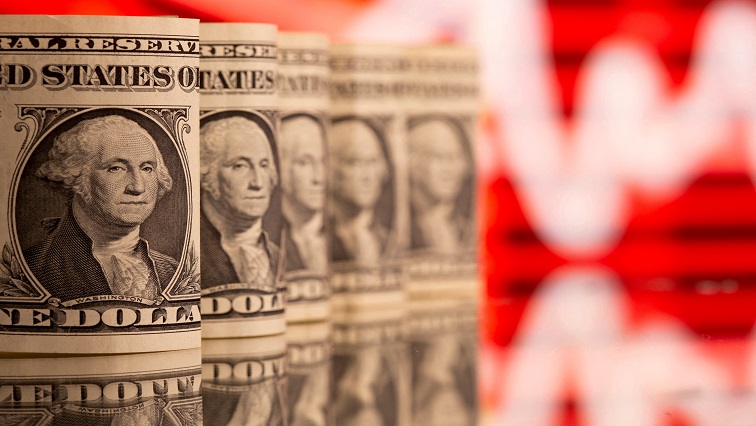Global stocks took a breath on Monday after a surprisingly low reading on Chinese inflation and ahead of data on US inflation and corporate earnings later in the week.
The pan-European STOXX 600 index rose 0.1% by 0840 GMT while US stock S&P futures declined 0.2% and Nasdaq futures NQc1 fell by 0.3%.
European stocks were lifted by drugmakers, which offset losses in China-sensitive chipmakers and luxury retailers following data that showed inflation fell in the world’s second-largest economy last month.
Chinese consumer price figures fell in June to be essentially unchanged from a year before, while producer prices slid deeper into negative territory.
The miss implies there is plenty of scope to ease monetary policy further, but also underlines the challenge Beijing faces in reflating its economy and avoiding a deflationary spiral.
“China is just a symptom. We see weaker growth around the world because of the effect of higher interest rates. China is exposed to that because of their export sensitivity,” said Matthias Scheiber, global head of multi-asset portfolio management at Allspring Global Investments.
“The challenge going forward, will be on equity valuations. If there is no improvement in earnings it will be hard for equities to continue to rally,” added Scheiber.
Earnings season starts this week with JPMorgan, Citigroup, Wells Fargo, State Street and PepsiCo PEP.O among the names reporting.
“Consensus expects a 9% year/year decline in S&P 500 EPS driven by flat sales growth and margin compression,” noted analysts at Goldman Sachs.
“We expect companies will be able to meet the low bar set by consensus,” they added. “Negative EPS revisions for 2023 and 2024 appear to have bottomed and revision sentiment has improved.”
CPI SLOWDOWN
US consumer prices are expected Wednesday to show headline inflation slowed to its lowest level since early 2021 at 3.1%, down from 9.1% a year earlier.
Markets still think the Federal Reserve is likely to hike rates this month, but a weak CPI might lessen the risk of yet a further move in September.
Currently futures imply around a 90% probability of a rise to 5.25%-5.5% this month, and a 24% chance of a move in September.
Fed officials have been mostly hawkish in their communications, while markets have also priced in higher rates in Europe and the UK. Canada’s central bank meets this week and markets imply a 67% chance of another hike.
The risk of higher global rates for longer has caused havoc in bond markets, where US 10-year yields jumped 23 basis points last week, German yields 24 basis points and UK yields 26 basis points.
On Monday, US two-year yields stood at 4.92%, having hit a 16-year high of 5.12% last week.
The jump in developed-world yields caused ripples in currency markets, particularly in carry trades where investors borrow yen at super-low rates to invest in high-yielding emerging market currencies.
The net result was a rush to close yen short positions which saw the Japanese currency rally across the board last week, though it was struggling to sustain this on Monday.
The dollar edged back up to 142.46 yen, after sliding 1.3% on Friday. The euro, down 0.1%, and pound down 0.2% took knocks against a stronger dollar.
In commodity markets, gold steadied at $1 924 an ounce after making a slight gain last week.
Oil prices eased slightly, having touched nine-week highs last week as top exporters Saudi Arabia and Russia announced new output cuts.
Brent and US crude both fell respectively about 0.8% to $77.87 and $73.30 a barrel.


